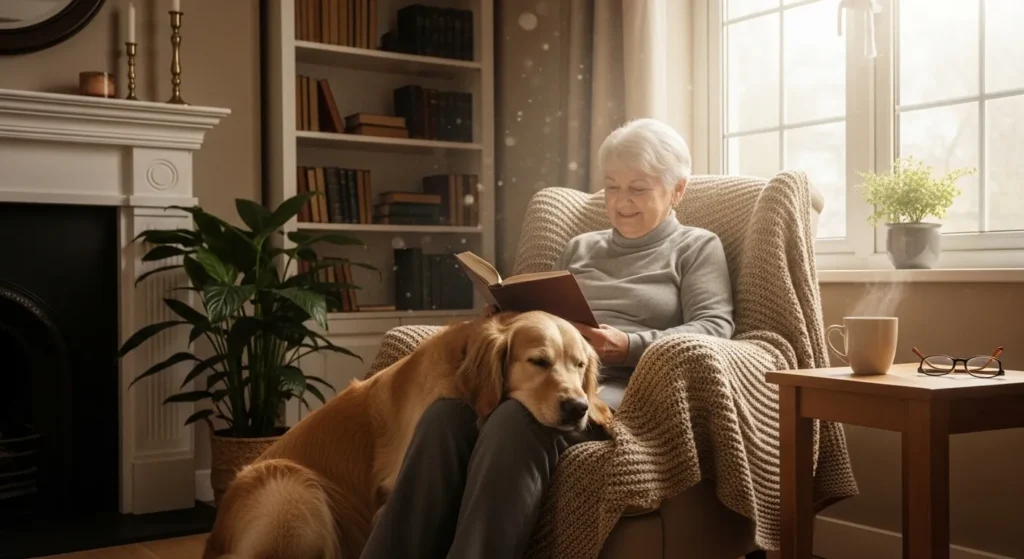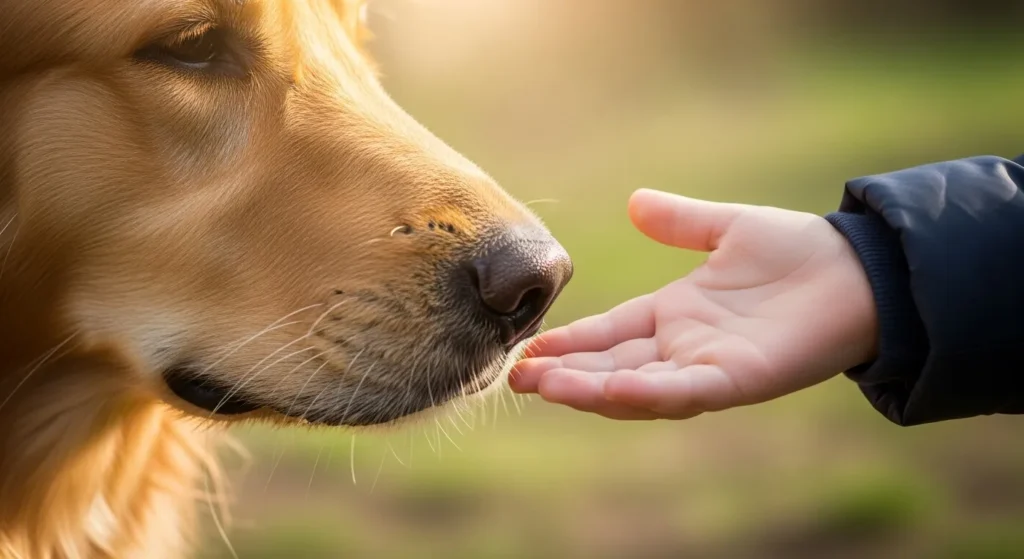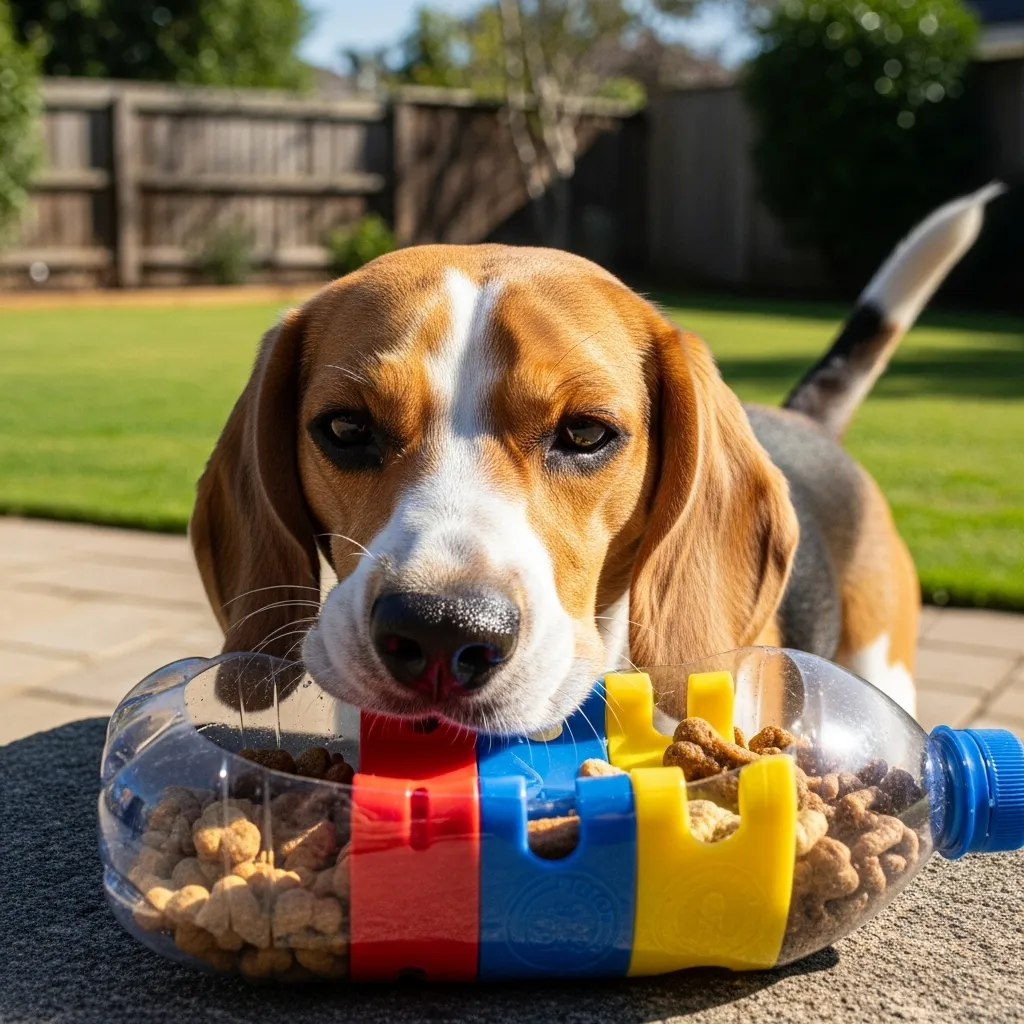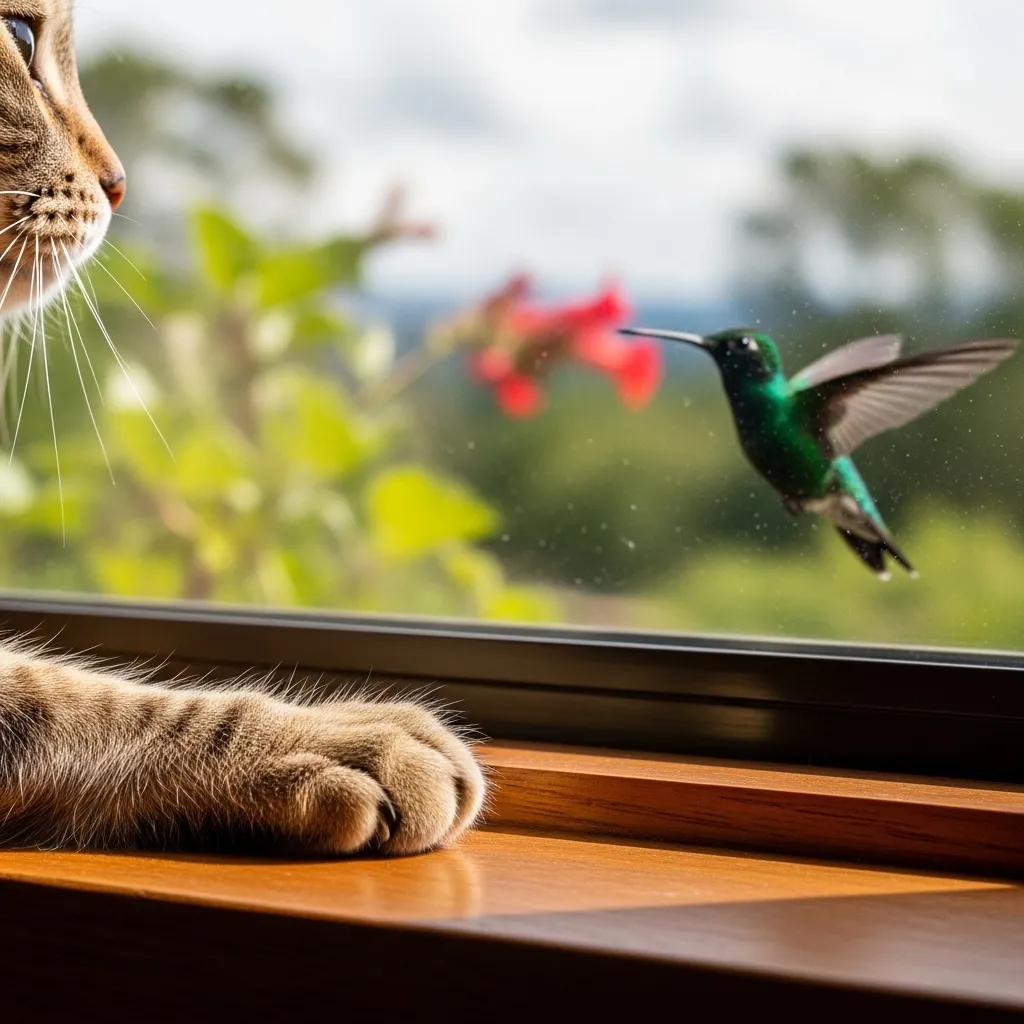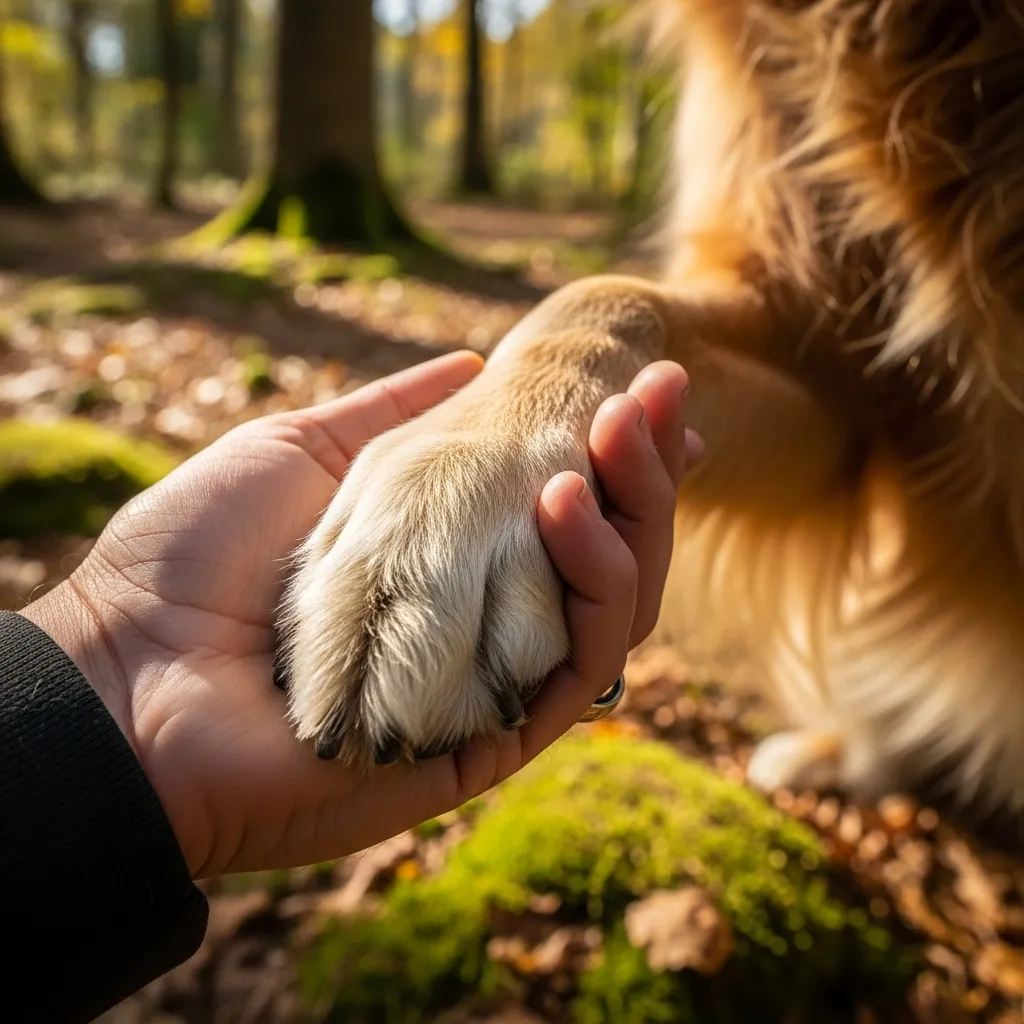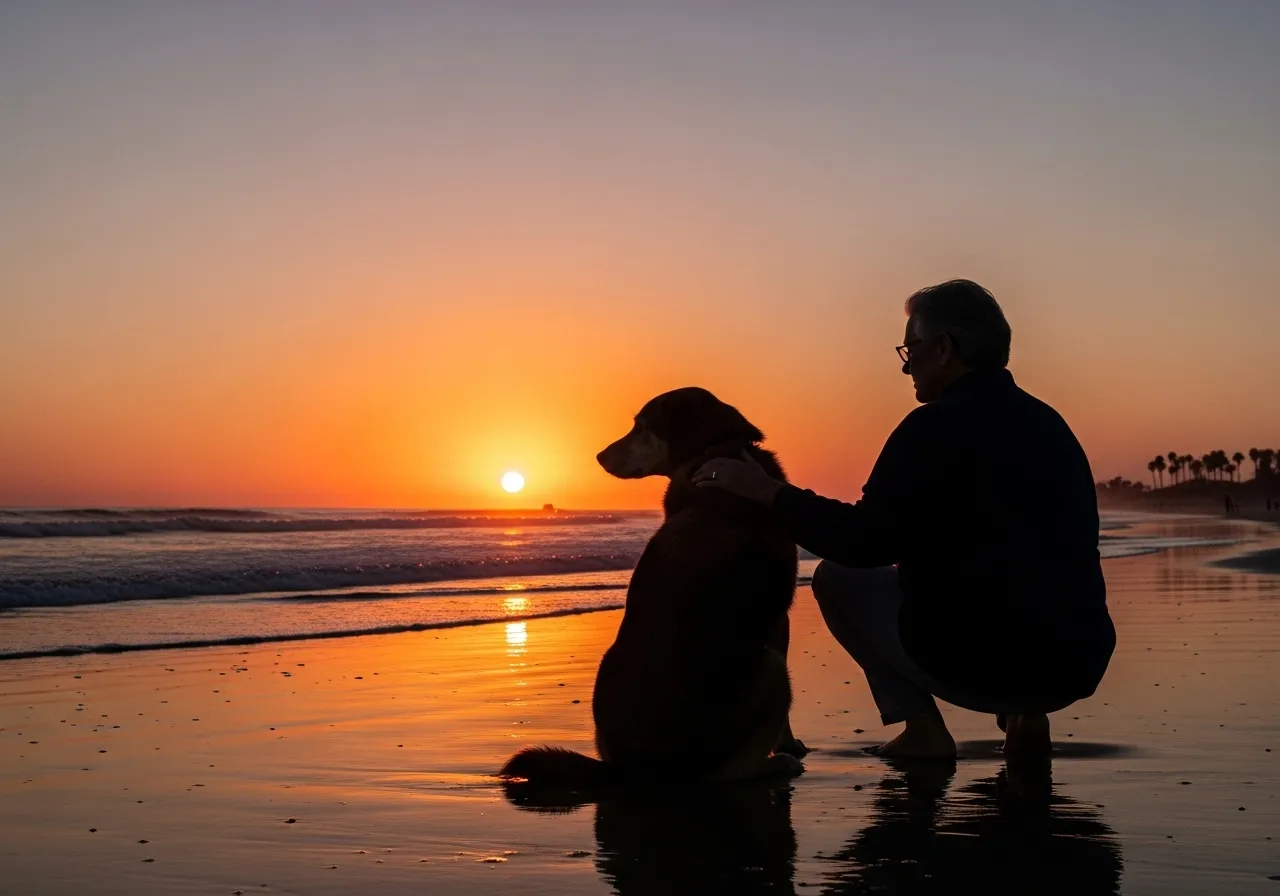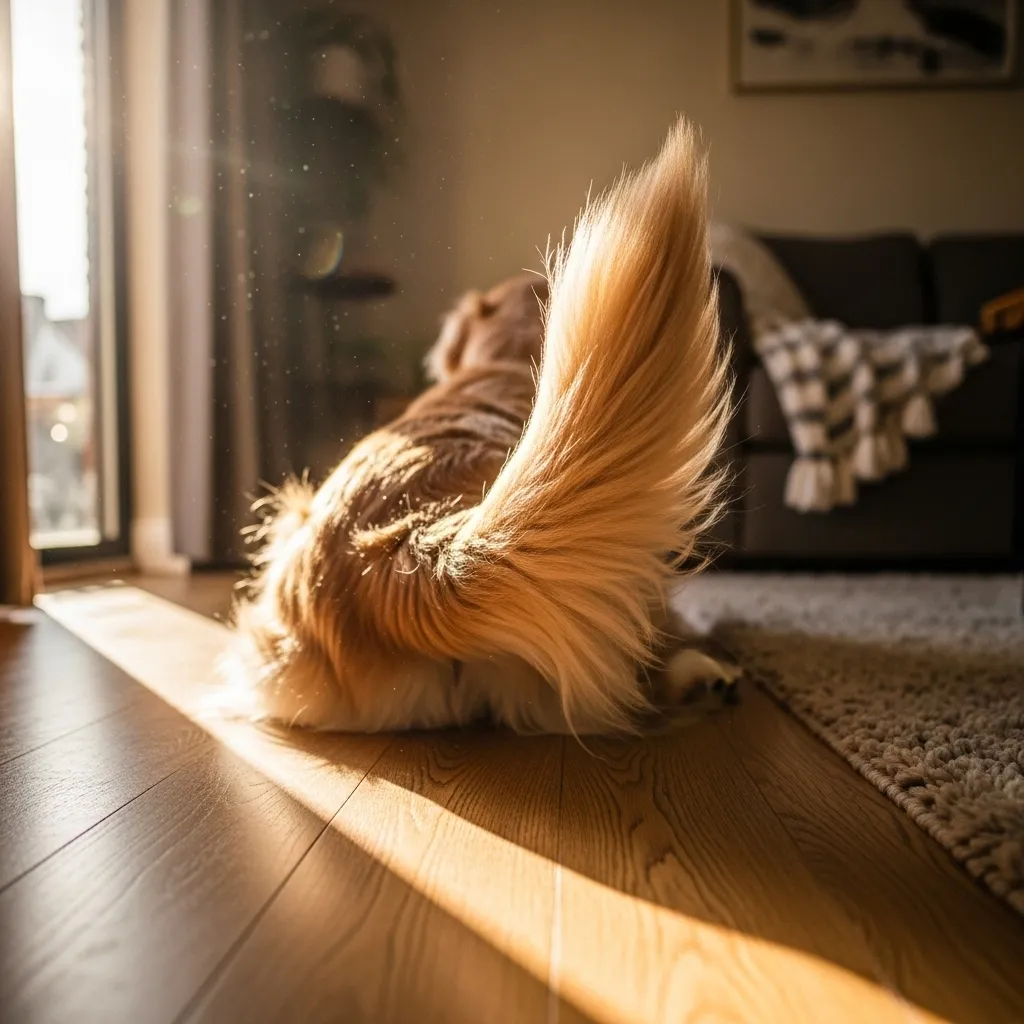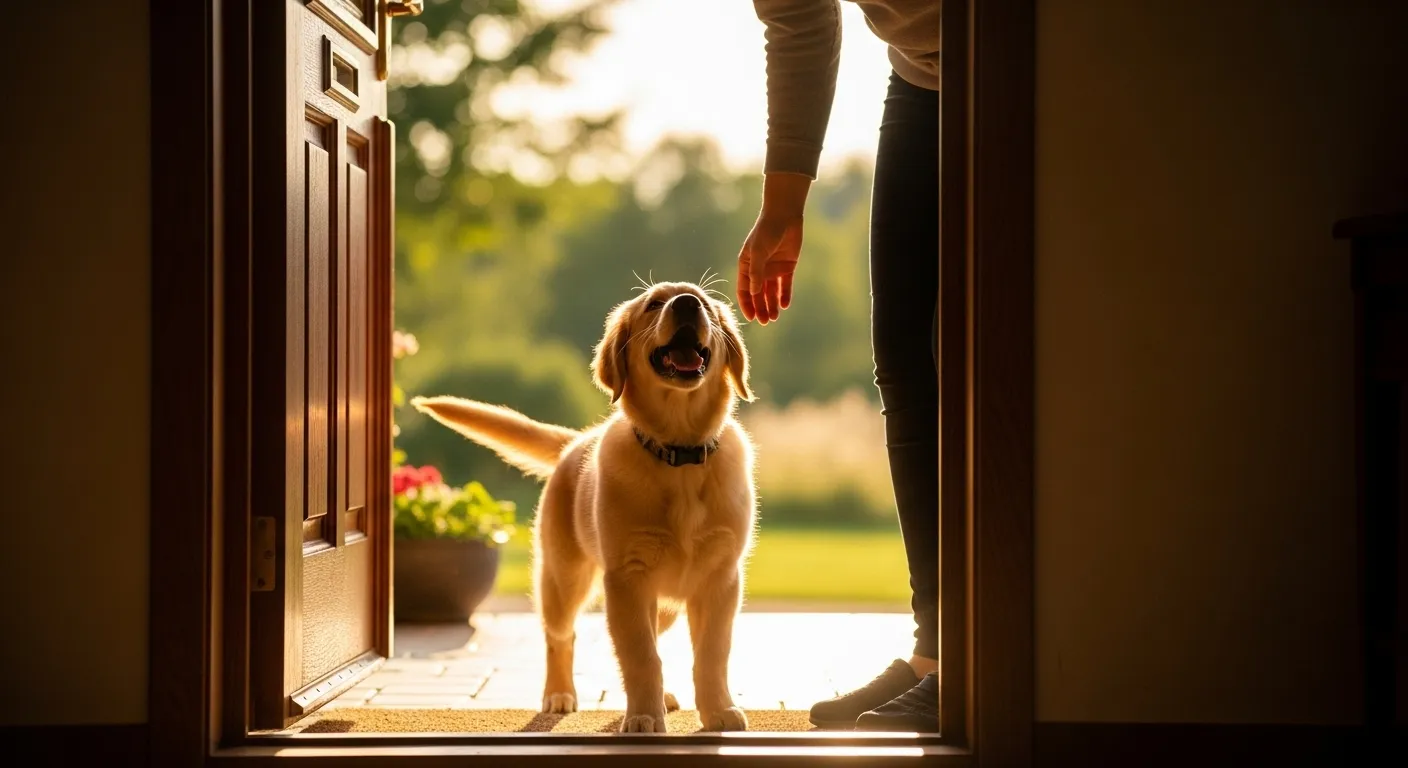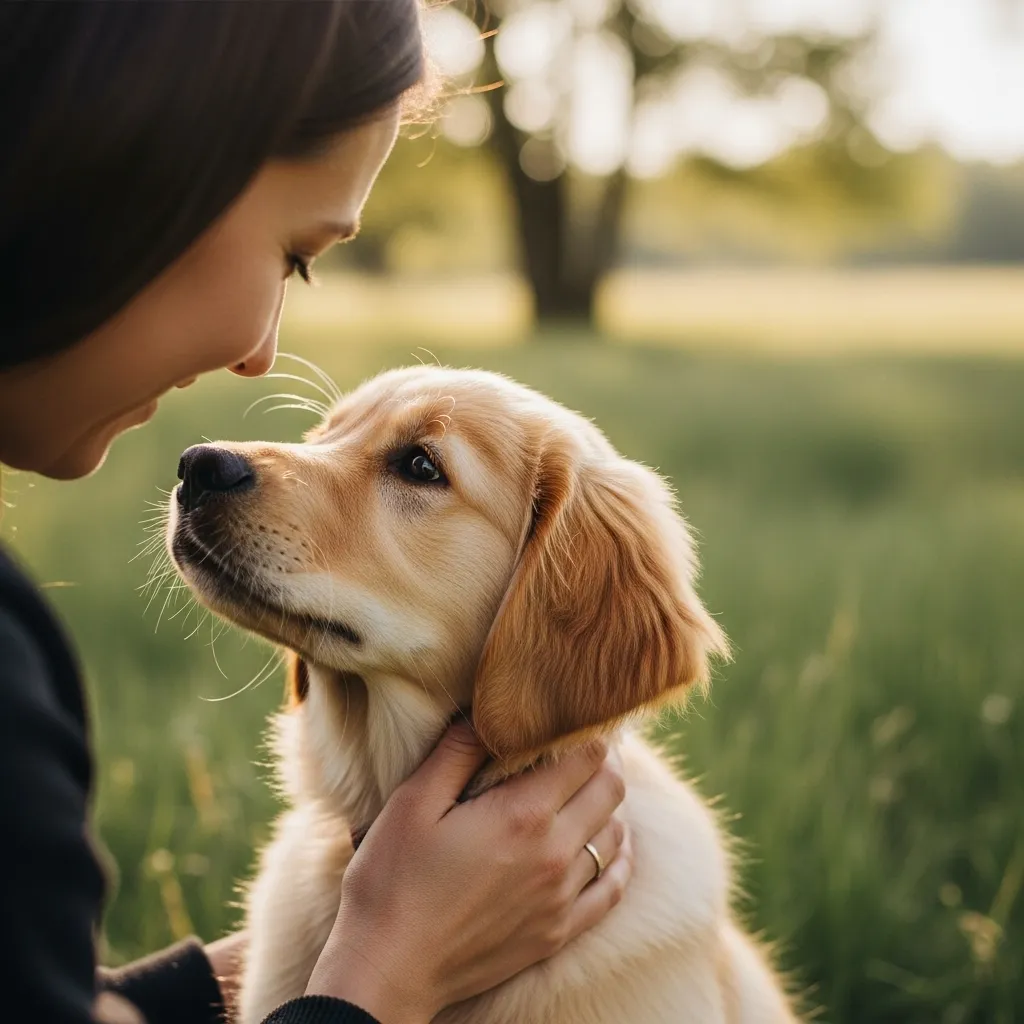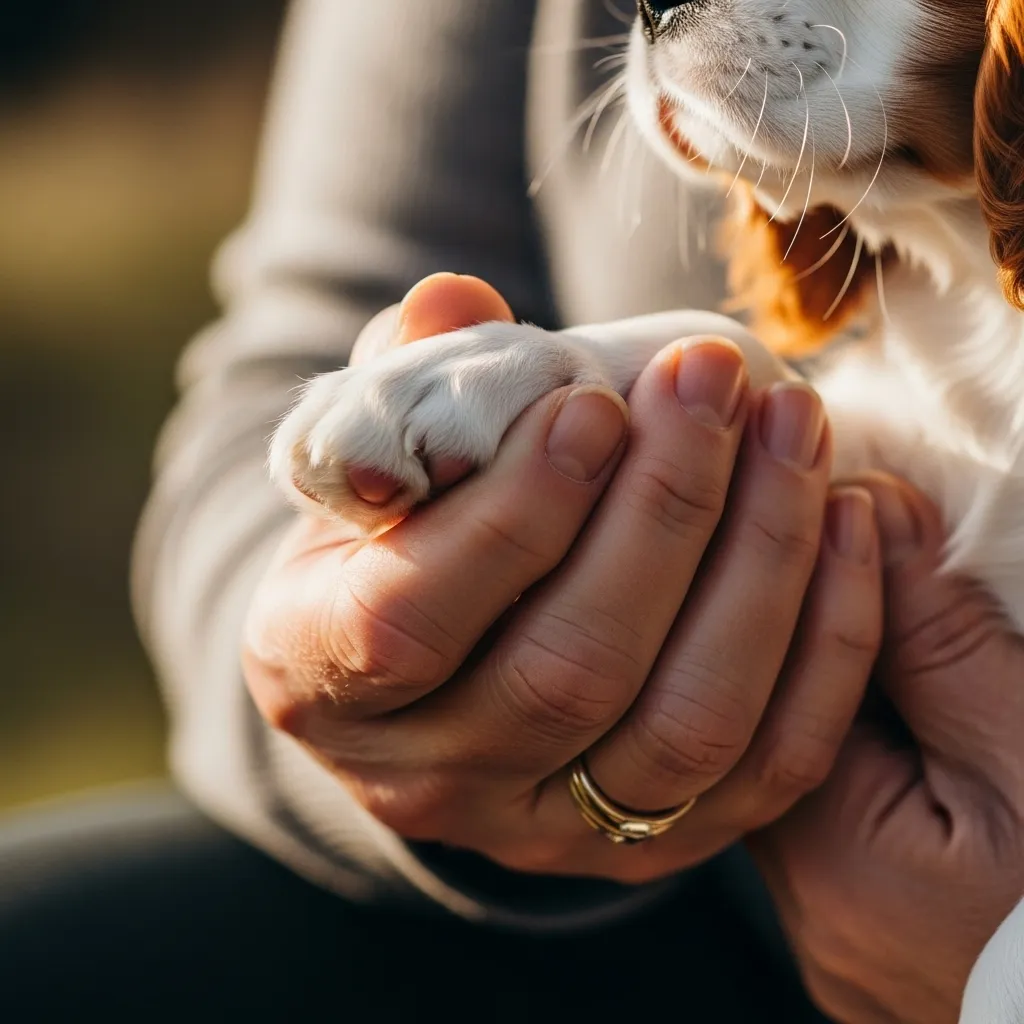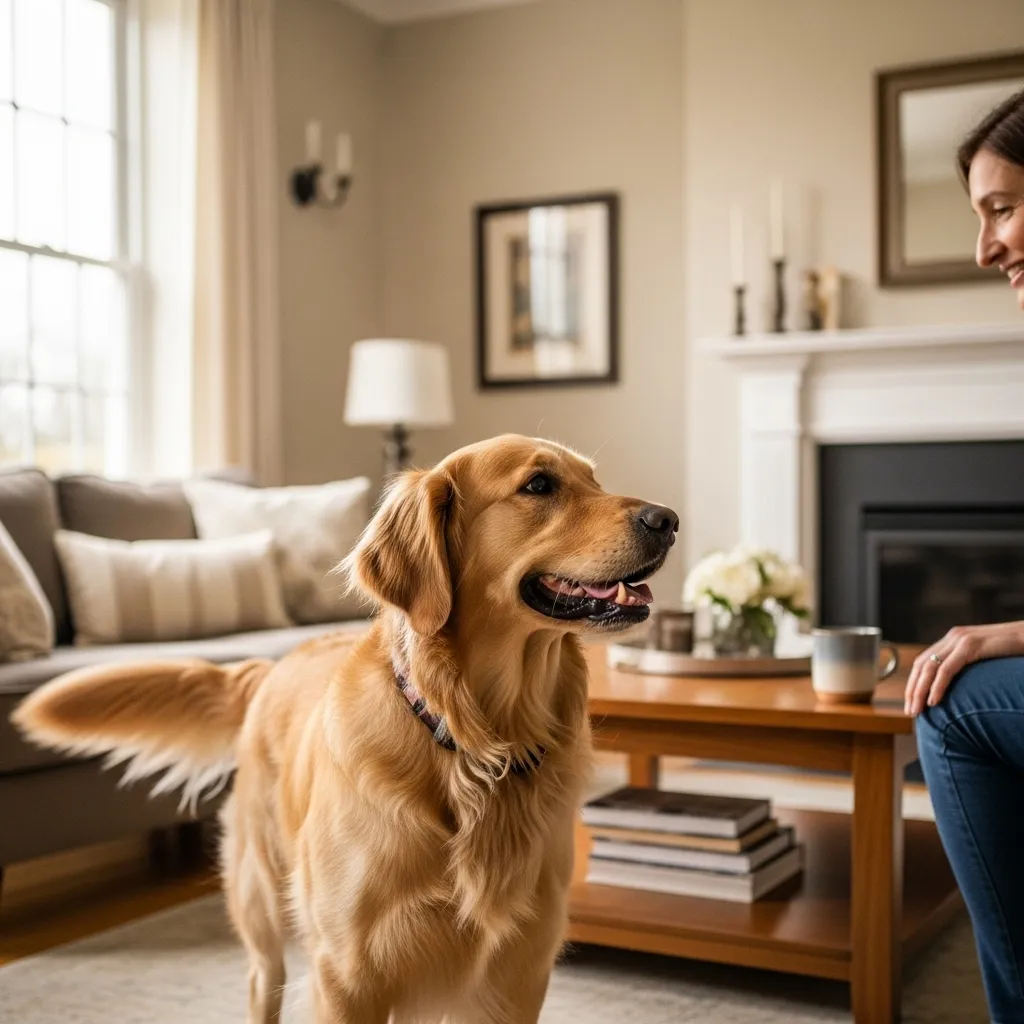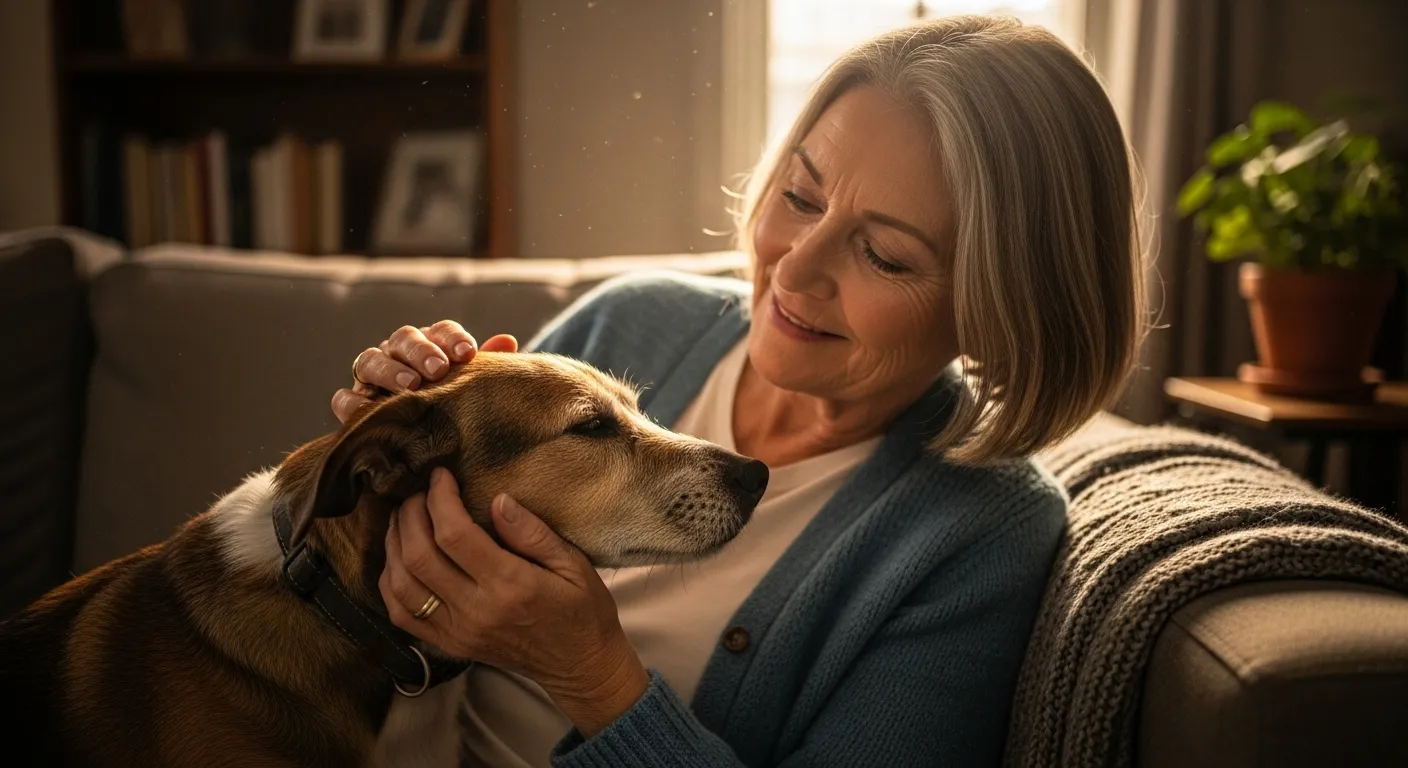
Frequently Asked Questions About Dogs for Seniors
It’s natural to have questions as you consider this important decision. Here are answers to some of the most common queries we hear.
What is the best low-maintenance dog for a senior?
“Low-maintenance” can mean different things to different people. If you mean minimal grooming, a short-coated breed like a Greyhound, a Pug (though they shed a lot), or a mixed-breed dog with a simple coat would be a good choice. If you mean minimal exercise, many small companion breeds or an older dog of any breed would fit the bill. It’s important to balance all the factors—grooming, exercise, and potential health needs—to find what is truly low-maintenance for your specific lifestyle.
Should I get a puppy or an older dog?
This is a deeply personal choice. A puppy requires a tremendous investment of time and energy for training, socialization, and supervision. They can be a wonderful experience if you are prepared for the commitment. An adult or senior dog often comes with a known personality and may already be house-trained and past the challenging puppy stages. Adopting an older dog can be an incredibly rewarding way to find a calm, grateful companion who is a perfect fit from day one.
How can I afford a dog on a fixed income?
The costs of dog ownership are a valid concern. Adopting from a shelter is often less expensive than buying from a breeder, as the adoption fee typically includes spaying/neutering, initial vaccinations, and a microchip. Pet insurance can be a valuable tool to manage unexpected veterinary expenses. When budgeting, be sure to account for annual wellness exams, preventative medications (flea, tick, heartworm), food, grooming, and supplies like beds and toys. You can find general pet care cost information from sources like the American Veterinary Medical Association (AVMA).
What if I can’t walk a dog very far?
Many dogs do not require long walks to be happy. For a large number of the breeds on our list, one or two short, 15-to-20-minute walks per day are sufficient, especially when paired with indoor enrichment. Activities like food puzzles, short training sessions, and indoor games can do wonders for burning off mental energy. A securely fenced yard is also a great asset for safe and easy potty breaks and gentle play.

